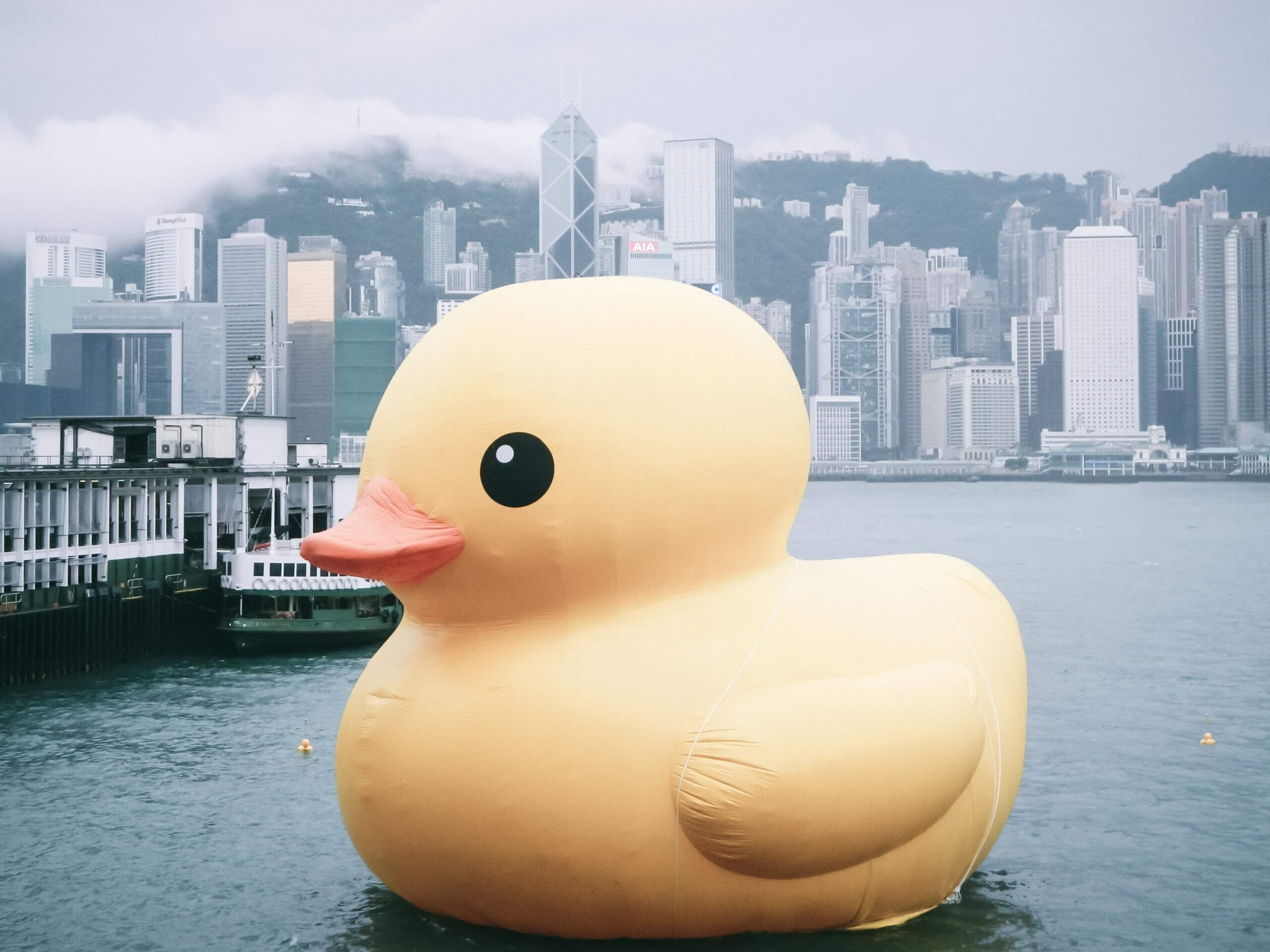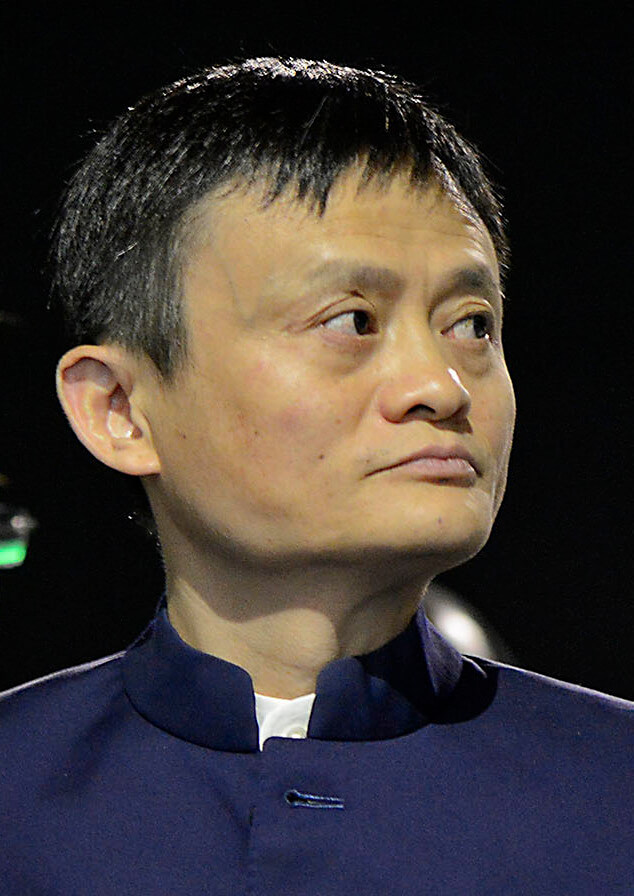Aung San Suu Kyi in 2013.
Source: Claude Truong-Ngoc, CC BY-SA 3.0 , via Wikimedia Commons
Despite an ongoing pandemic, economic struggles and ethnic conflicts,
38 million Burmese voters, out of a population of roughly 54 million, lined up at the polls on November 8th.
With
91 parties running for election in total, the party of Nobel peace prize laureate Aung San Suu Kyi, the ‘National League of Democracy’ (NLD), secured another landmark victory. Winning 258 out of 330 seats in the Lower House and 138 out of 168 seats in the Upper House, the party even slightly surpassed its success in the previous 2015 election. While a quarter of the parliamentary seats are reserved for the military, a threshold originally designed by the latter to secure its influence over political matters, the NLD managed to collect the required majority to form the next government.
The results indicate that the
popular support of Aung San Suu Kyi, who is admired for her personal sacrifices for the sake of the country, continues to run high in society. Many voters expressed high hopes that ‘mother Suu Kyi’ would be able to keep the military from taking full lead over the country again, as the traumata caused by junta rule still run deep through society.
Looking forward, spectators now wonder about the future of Myanmar’s often preached
‘independent and active’ foreign policy. While some assume a
stronger leaning towards China—which has so far served as a crucial partner in reaching domestic goals and in mediating in border conflict zones—others expect a
regionalization of economic and security ties.
No matter the policy path chosen,
regional experts now urge the Western community to engage in a more constructive way of treating the young transitional democracy—by extending trade and guidance instead of only voicing critique or imposing broad sanctions.
On November 15, the ten member states of ASEAN, along with five other states of the Asia-Pacific—Australia, China, Japan, New Zealand and South Korea—signed what is set to be
the largest free trade agreement on the planet. The Regional Comprehensive Economic Partnership (RCEP) will cover over 2.2 billion people and comprise approximately a whopping 30% of the world’s GDP.
The negotiations over the new deal started back in 2012 as a way to promote free trade and enhance
interregional integration. Rather than abolishing tariffs outright, the agreement eliminates tariffs for goods that already have been granted duty-free treatment and allows countries to maintain tariffs on imports. The deal could potentially lead to the creation of
cross-border supply chains and provide local companies with an incentive to establish deeper ties within the region. Besides trade, the agreement encompasses broader domains such as telecommunications, financial property and e-commerce.
However, the RCEP falls short in establishing
common rules on issues such as labour, the environment or specific sectors that the signing countries deem having a critical importance to their economy. For this reason, its scope and width cannot be compared to other key interregional agreements, such as the EU or the Comprehensive and Progressive Trans-Pacific Partnership (CPTPP), the new acronym for the former TPP. On top of that, India’s last-minute
defection, on the ground of an already severe trade deficit with Beijing, is likely to lessen the impact of the RCEP: according to New Delhi, the agreement would pose a
threat to local farmers and producers.
According to
most commentators, China, together with
Japan and South Korea, is going to benefit the most from the agreement—the first multilateral pact in the country’s history. During Trump’s presidency, Beijing has replaced Washington as the world’s
free-trade champion; will the RCEP furtherly expand China’s influence in the region, or is it just a formalisation of an already existing dominance?
Rubber ducks became the new symbol of defiance in the student-led protests currently taking place Thailand. The cute bath toys, however, are not new to the revolutionary spirits. In picture, the installation of the Dutch artist Florentijn Hofman, a huge inflatable rubber duck that floated in the harbour of Hong Kong in May 2013 and that inspired a wave of protest in the state city against the PRC.
As no effective change has been achieved, protests calling for democratic reforms continue raging in Thailand, which has witnessed an unprecedented level of violence since the start of the student-led movement.
Tear gas and water cannons were indeed deployed by the local police to suppress a rally November 17th, causing more than 50 civilian injuries as well as the deaths of six by gunshot.
In response to the police offensive, on Nov 18th more than 10,000 protesters marched to Bangkok’s police headquarters, spraying the walls of the building with
anti-royal slogans and throwing
glass bottles and paint bombs over the walls of the compound.
Moreover, to counter the attacks of the police, protesters brought onto the streets hundreds of
inflatable rubber ducks to shield themselves from the fire of tear gas and the spray of water cannons. The iconic bath toys thus became the new symbol of the Thai pro-democracy movement, not only for their successful use against the police crackdowns, but also for its innocent and amicable look.
As explained by a street vendor to
CNA: “We want the protest to be less stressful, full of creative ideas that show we truly like to protest with peace, and do not want any violence to happen - so the ducks have helped make everything look lighter and softer”.
Following the events of November 17th and 18th, Prime Minister Prayut Chan-o-cha
declared that “the government will intensify its actions and use all laws, all articles, to take action against protesters who broke the law”. This statement raised concern among the demonstrators on the possibility that article 112 of the Thai Criminal Code, the lèse-majesté law, would soon be enforced. And in fact, on the
30th of November, 12 leaders of the pro-democracy movement were asked to report to the police headquarters of Bangkok to hear the charges filed against them for insulting the monarchy of King Maha Vajiralongkorn. If found guilty by the court, it would be the first time in three years that the lèse-majesté law would be enforced — a law that, it is important to remember, entails up to 15 years of jail.
If you would like to jog your memory and read the previous accounts written by The Lunar Times’ editorial staff on the Thai protest movement, we highly recommend you read the News articles for the months of
September and
October!
Alvin Yeung, Dennis Kwok, Kwok Ka-ki, and Kenneth Leung are four legislators who were
disqualified from their positions on allegations of endangering national security. The disqualification came after China’s parliament adopted a resolution that allows Hong Kong’s government to expel legislators—without having to go through the courts. The
resolution allows the disqualification of lawmakers if they are believed to be in support of Hong Kong independence, collaborating with foreign forces, or threatening national security.
In lieu of this happening, Hong Kong’s pro-democracy legislators said that they intend to resign from the Legislative Council en masse. “Today we will resign from our positions, because our partners, our colleagues have been disqualified by the central government’s ruthless move” stated
Wu Chi Wai, convener of the pro-democracy camp.
The remaining 15 pro-democracy legislators of Hong Kong’s Legislative Council resigning means that there will only be
pro-Beijing politicians left, which will allow them to pass bills favoured by China without any opposition. The pro-beijing camp already held a majority of the seats in the Legislative Council as the pro-democracy legislators only had
19 of the total 70 seats.
Hong Kong’s chief executive
Carrie Lam believes that the disqualification of the pro-democracy legislators was valid. “We have doubts about their abilities to perform their duties. If they are unable to uphold the Basic Law, and to support Hong Kong, of course they are not qualified to be legislators”, Lam said.
Kwok, one of the disqualified legislators, felt that their disqualification was in breach of the Basic Law and their rights to take part in public affairs, as well as a failure to observe due process. However, Kwok has also stated that, “if observing due process and
fighting for democracy can lead to being disqualified, it [disqualification] will be my honour”.
There are also others who have spoken out and criticized the decision to disqualify the lawmakers. Human rights organization Amnesty International’s Asia Pacific’s regional director
Yamini Mishra pointed out that “bulldozing through arbitrary decisions via the Chinese government makes a mockery out of the rule of law”. However, the deed has been done and
Wu Chi-Wai, Democratic Party chairman, told reporters that Hong Kong could no longer tell the world that we still follow the ‘one country, two systems’ principle, since this resolution “declares its official death”.
Jack Ma in 2015.
Source: UNclimatechange from Bonn, Germany, CC BY 2.0, via Wikimedia Commons
On November 3, Chinese authorities suddenly blocked the official listing of ANT Group, the new fintech company controlling the giant Alipay, on the Shanghai and Hong Kong stock exchanges. What was set to become the
biggest stock debut in history—with over $34 billion in proceeds and bids worth over $3 trillion—turned into an unprecedented fiasco. In a statement issued late at night, the Shanghai Stock Exchange
informed the company that it had failed to “meet ‘the issuance and listing conditions or information disclosure requirements’’. The previous day, China’s Central Bank had released new restrictions—including higher capital requirement for loans and tighter control on microlending—which would de facto hamper a proper functioning of the company’s services.
The company’s Initial Public Offering (IPO) was expected to break every existing record and would have
boosted the reputation of Hong Kong as a financial centre to compete with London and New York for premiere deals. Although not officially part of the management, Jack Ma, founder of the affiliated Alibaba, had championed the company’s cause to bring finance closer to lower-middle classes through microlending. Ma’s story is well-known: a true rags-to-riches expression of the Chinese dream, Ma made a fortune with his Alibaba group, a multinational tech corporation, and has become the richest man in China. Alibaba has revolutionized the perception of money in the country; China has
leapfrogged conventional financing instruments, such as debit or credit cards, and witnessed a striking diffusion of smartphone-based payment systems. In the past, Ma had been fairly outspoken on the
necessity of liberalizing China’s financial sector, arguing that regulation would stifle innovation. Ma, himself a member of the CCP, had thus been summoned by central authorities and was put under close scrutiny.
Some argue that this move will
undermine the reputation of the Chinese financial sector in the eyes of international investors, while others posit that the taming of ANT will
benefit the business environment in the long run. In any case, this episode clarified again who’s really in power in Beijing.


